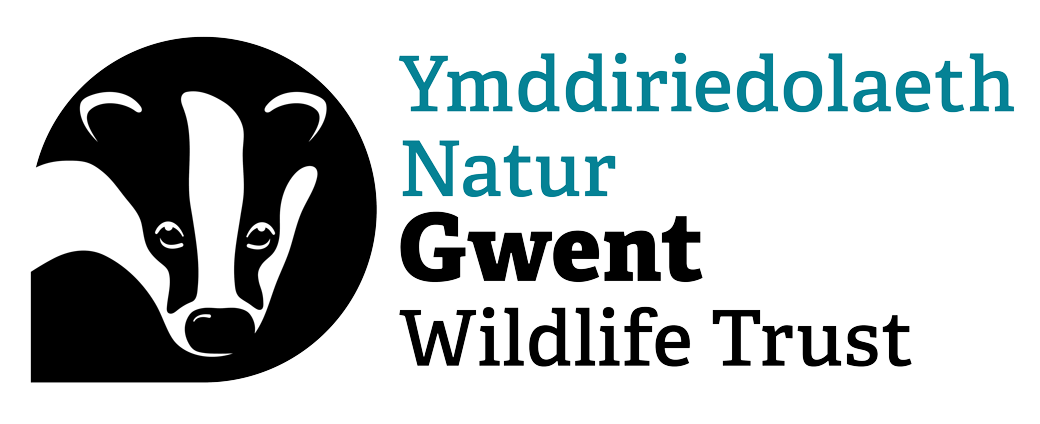©Philip Precey
Perennial rye-grass
Perennial rye-grass is a tufted, vigorous grass of roadside verges, rough pastures and waste ground. It is commonly used in agriculture and for reseeding grasslands.
Scientific name
Lolium perenneWhen to see
January to DecemberSpecies information
Category
Statistics
Height: up to 50cmCommon.
